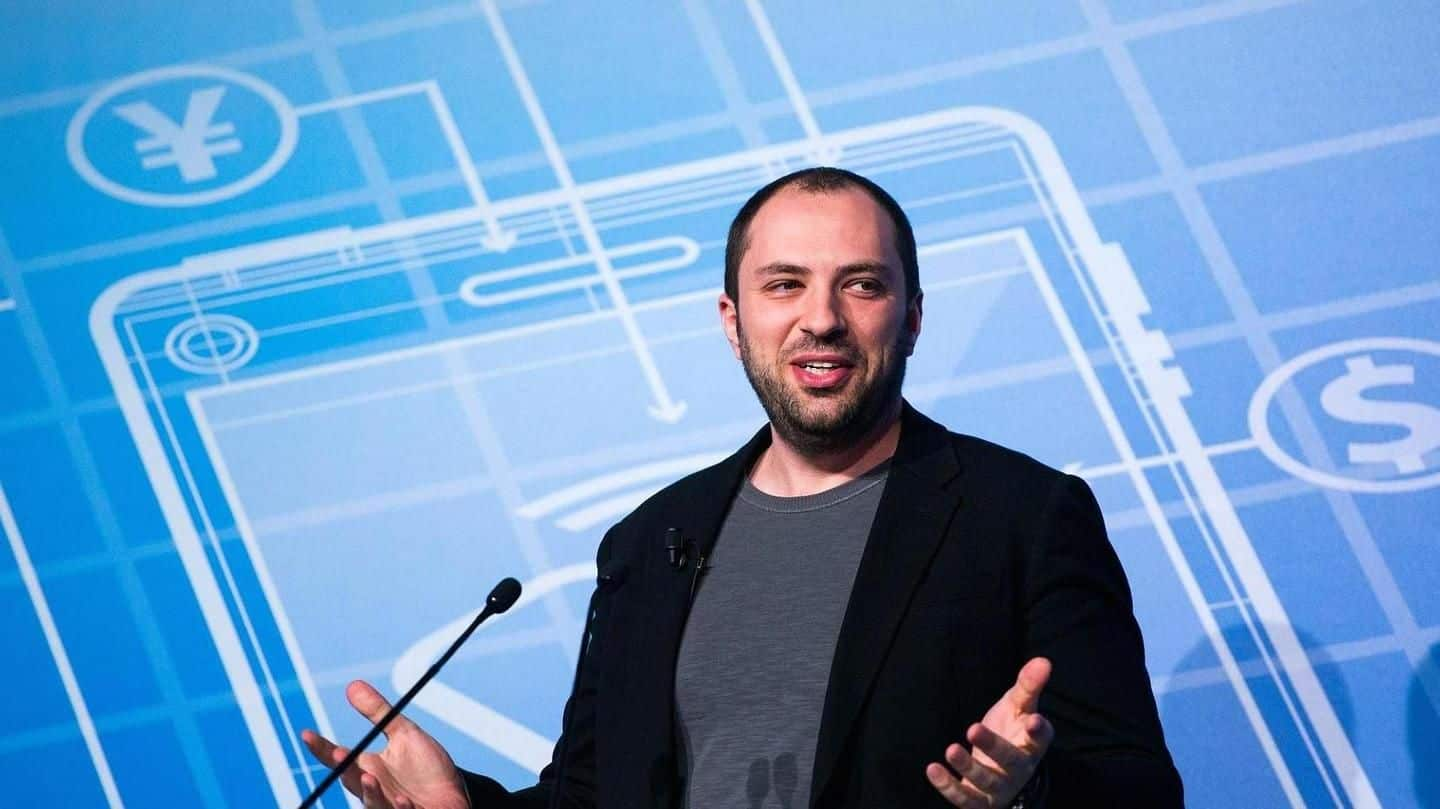
WhatsApp CEO Jan Koum quits over privacy clashes with Facebook
What's the story
WhatsApp CEO and co-founder Jan Koum has confirmed that he is leaving the company. According to reports, the move comes after Koum clashed with parent company Facebook over the latter's approach to WhatsApp's strategy and encryption, and its attempt to collect users' personal data. Koum's actual date of his departure is not known as of yet.
Goodbyes
Koum will also step down from Facebook's board of directors
"People are using WhatsApp in more ways than I could've imagined. I'm taking time off to collect rare air-cooled Porsches and play ultimate frisbee," Koum said. Facebook CEO Mark Zuckerberg responded, "Grateful for everything you've taught me, including about encryption and its ability to take power from centralized systems and put it in people's hands. Those values will be at the heart of WhatsApp."
Problems
Facebook wants money, WhatsApp wants data protection
According to Daniel Ives, the chief strategy officer and head of technology research at research firm GBH Insights, "Part of Facebook's success has been to digest acquisitions, successfully monetize them, and integrate them into their advertising machine." However, WhatsApp has been continuously resisting the said changes, which has led to a "massive culture clash."
Background
Other WhatsApp co-founder Brian Acton had quit over similar reasons
Brian Acton, the other WhatsApp co-founder, left Facebook last year also due to issues over commoditization of personal data. More recently, he staunchly supported the #DeleteFacebook campaign that emerged in the aftermath of the Facebook-Cambridge Analytica data privacy scandal, and has donated $50 million to rival chat app Signal, that is geared towards user security and privacy.
History
WhatsApp added end-to-end encryption in 2016
In 2014, Facebook bought WhatsApp for $19 billion, instantly increasing the net worth of Koum and Acton to $10 billion and $6.5 billion respectively, according to the Bloomberg Billionaires Index. Both former Yahoo employees, they launched WhatsApp in 2009. The app now has 1.5 billion monthly users, making it the largest messaging service in the world.